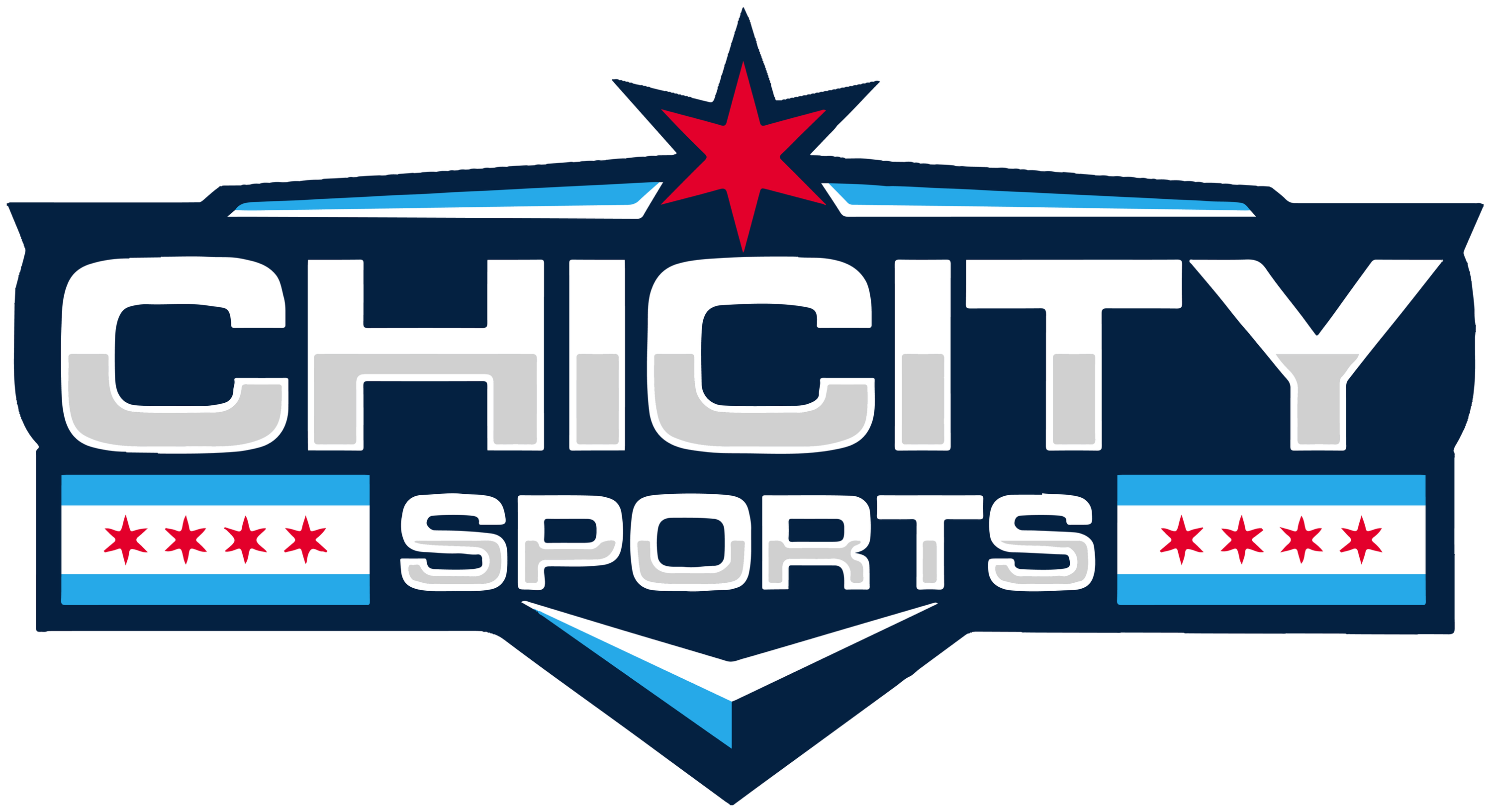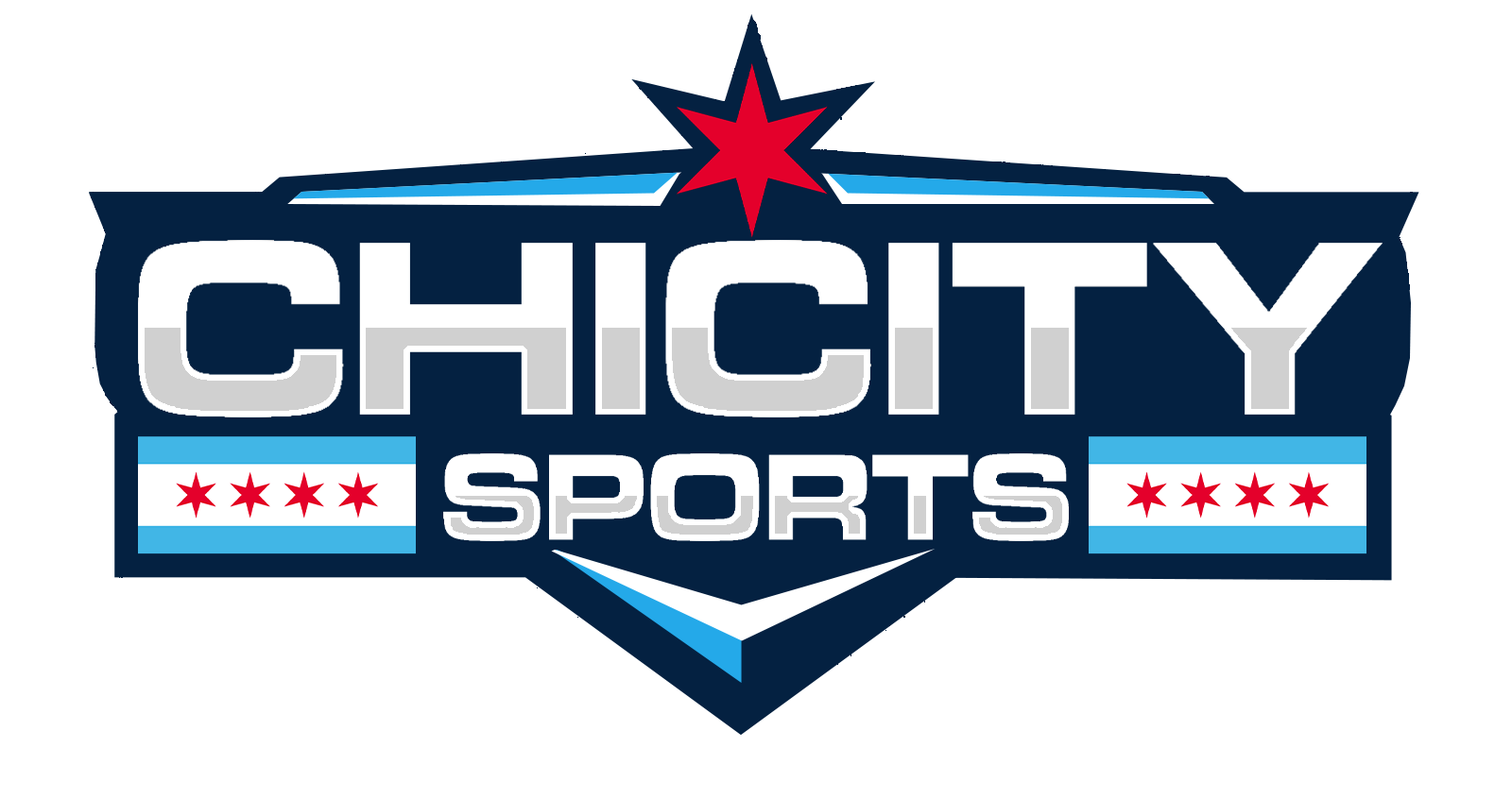PASPA, the 1992 Professional and Amateur Sports Protection Act that prevented states from legalizing sports betting was finally struck down May last year. It was good news for sports punters throughout the country. Unfortunately, states have been really slow at legalizing the industry. Below is a breakdown of every state that now allows sports betting.
Alabama
Alabama introduced a bill to legalize sports betting April this year. Dubbed HB 315, the bill would be enforced by a Sports Wagering Commission. Betting firms that want to set shop in the states will $100,000 for a 5-year license.
Bookmakers will also be required to pay a 10% tax from their sports wagering receipts. The good thing though is that Alabama will allow betting using both land-based establishments and online platforms. The state also allows daily fantasy sports after three years of rejecting bills related to the same.
Arkansas
Arkansas legalized sports betting in the most democratic way. Last November, the state held a voter referendum and the people overwhelmingly voted to legalize the industry. There’s one catch though. The state will only provide four licenses.
Two sports clubs, the Oaklawn Jockey Club and the Southland Racing Corporations have already received their licenses. Arkansas will charge at least $250,000 for the two other licenses yet to be nabbed.
When it comes to taxation, the state will require casinos to pay 13% of their gaming receipts. Casinos that make more than $150 million pay 20% as tax.
Colorado
Colorado proposed a bill to legalize sports betting earlier in April. House leaders Alex Garnett and Patrick Neville proposed the bill with the goal of allowing 17 of the state’s 33 casinos to acquire sports betting licenses.
In addition to being allowed to offer sports betting on their physical casinos, new sports betting firms will be allowed to offer online sportsbooks. The state will ask for a 10% tax from each casino but that’s pending the support of voters later in November.
If the bill goes into effect, sports betting in the city won’t have the wagering limits that guard poker casinos. Firms will set their own betting limits.
Nevada
In Nevada, betting has been legal since 1949. Gambling establishments used to be taxed 10% by the Federal Government until in 1974 when the tax was reduced to 2%. Since then, the sports betting industry has been on the rise.
The 1992 PASPA Act that aimed to prohibit sports betting countrywide affected all states but five, Nevada being one of them. Online, Nevada has also been one of the few states offering online sports betting for a while. Globally recognized bookmakers like William Hill, 888 Casino Holdings and others launched in Vegas a few years ago.
It’s worth noting that many bookmakers in Vegas also double up as online casino providers. Paddy Power Vegas, for example, offers all sorts of casinos games, a fully fledged sports book and bingo games on the same site.
Delaware
Like Nevada, Delaware also enjoyed the benefits of sports gambling prior to 2018. It’s one of five states that had been exempted from PASPA’s Act. Last year, after PASPA was struck off, the state rushed to expand its limited sports betting offers.
Before 2018, punters in Delaware could only place parlay bets on NFL games. Post-PASPA, punters can now bet on college games through small retailers availed statewide. It’s not much but it’s an improvement from only being allowed to bet in three casinos.
District of Columbia
DC joined the sports betting legalization fever December last year. A bill was introduced to allow land-based sports betting and Mayor Muriel Bowser validated it on January 23rd this year. Like most states, DC will be taxing bookmakers 10% of bookmakers’ revenues.
Licenses to offer sportsbook services in the state are tiered into three. An expensive $250,000 license will last for five years. The licenses will allow bookmakers to offer their services at the Audi Field, Nationals Park, Capital One Arena and St. Elizabeths East Entertainment and Sports Arena.
A cheaper $50,000 license will limit operators to one or two stadiums and will last for fives. Tier three licenses will last for two years and will only cost $5000.
Indiana
Indiana proposed a bill to legalize sports betting May this year. The bill aims to help license more casinos in the city and set more limits on how many licenses a single casino can own. The state governor has already signed the bill into law although details about it are yet to come.
Lowa
Like Indiana, Lowa arrived late to the party but has a clearer sports betting bill. Introduced mid-May this year, the bill will allow both online and land-based betting. Bookmakers will pay $45,000 for a license and $10,000 for license renewals. The state will also keep 6.75 of their income as tax.
Lowa also included a clause to help prevent match-fixing. While bookmakers could offer prop bets for teams around the country, they can’t offer similar wagers for Lowa-based college teams.
Mississippi
Mississippi had been anticipating a favorable ruling in the 2018 PASPA decision and promptly legalized sports betting after the decision was made. Beginning August last year, the state’s 10 casinos provide sports betting as long as punters place the bets in-person.
New Jersey
New Jersey is the reason why states can now legalize sports betting. The whole PASPA ruling was based on the state challenging the 1992 Act. Following Jersey’s successful lawsuit, it introduced sports betting rules in June last year. Eight land-based casinos and 5 online bookmakers were given licenses to operate in the state.
Additional States
New York gave the green light to all tribal casinos and four upstate casinos to offer sports betting services last year. Online betting is still not allowed in the state though. Oregon and Pennsylvania also allow land-based sports betting.
Rhode Island legalized the industry late last year while Tennessee made a similar move in April this year. Surprisingly, Tennessee chose to prohibit betting on brick and mortar casinos in place for online sports betting.
West Virginia completes the list of states that now allow sports wagering. The state introduced an anticipatory bill back in March 2018 and was approved from their SCOTUS decision. By September 1, some casinos in the state were offering sports bookmaking services.
For More Great Chicago Sports Content
Get the latest Chicago sports news, analysis, and breaking stories on the Bears, Bulls, Blackhawks, Cubs, White Sox, Sky, and more! Tap the star to add us to your favorites on Google News, so you never miss a story on your favorite Chicago teams.
Follow us on Twitter at @chicitysports23 for more great content. We appreciate you taking time to read our articles. To interact more with our community and keep up to date on the latest in Chicago sports news, JOIN OUR FREE FACEBOOK GROUP by CLICKING HERE




